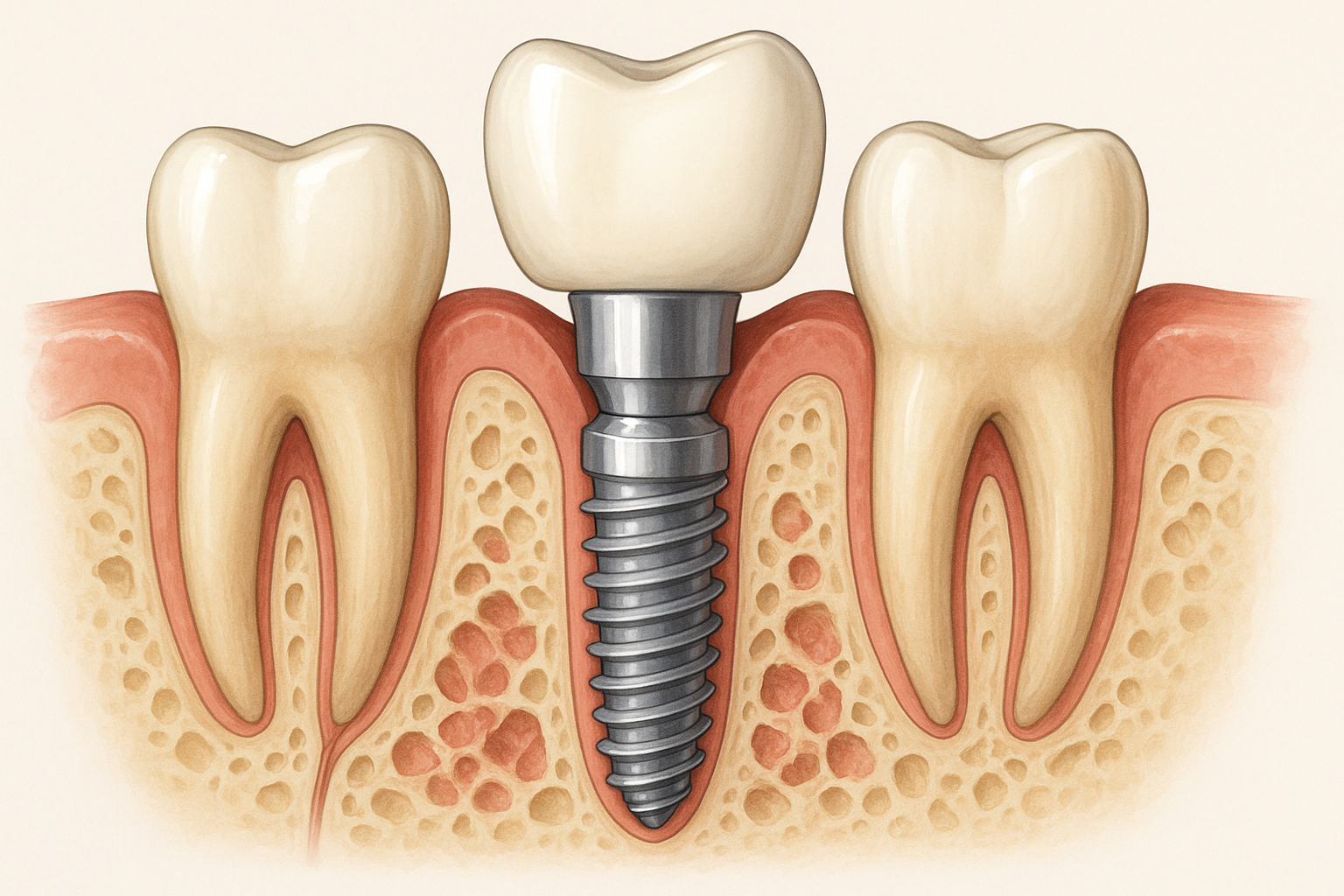Modafinil is a novel, well-validated pharmaceutical nootropic agent that enhances cognition in healthy subjects. It is used to treat narcolepsy and shift work sleep disorder. Students defend its use by detailing the rigour of pharmaceutical testing and clinical phase trials.
Several open-label extension studies have shown efficacy in shift work sleep disorders and in other sleepiness conditions. In addition, a recent study provides direct evidence that modafinil is a modest inducer of cytochrome P450 enzymes following a single dose and dosing to steady state.
Risk of addiction
Modafinil Tablet Online is an effective cognitive enhancer with a low risk of abuse and addiction. However, it can be abused by taking it without a prescription or by mixing it with other drugs, including alcohol. Some people use it for recreational purposes to achieve a “Modafinil high.” This includes feeling alert, increased energy, elevated mood, and improved concentration. Many teens and young adults use it to improve their grades in school or at work. Abuse of modafinil can lead to serious side effects, such as high blood pressure and allergic reactions.
Currently, the United States Food and Drug Administration and the DEA categorize modafinil as Schedule IV of the controlled substance act, meaning that it has a low potential for abuse and can lead to limited physical dependence or psychological dependency. However, long-term use can cause withdrawal symptoms, especially when combined with psychiatric disorders like depression and anxiety. Modafinil also interacts with some medications, including over-the-counter nasal decongestants and some sleep aids. However, these interactions are rare and can be avoided by following the recommended dosage.
Medications that interact with modafinil
Modafinil (moe DAF i nil) is used to treat narcolepsy, obstructive sleep apnea, and shift work disorder by promoting wakefulness. It belongs to a class of medications called stimulants and is also available under the brand name Provigil.
Two cases of intrauterine growth retardation and spontaneous abortion have been reported with use of modafinil and armodafinil in pregnancy. This medication should be used only if the benefit outweighs the risk. It is unknown whether this medication passes into breast milk, so it is recommended that women who are breastfeeding do not take this drug.
Modalert Tablets can decrease the effectiveness of certain birth control pills. Talk to your doctor about using a different form of birth control while taking this medicine and for 1 month after you stop taking it.
Taking modafinil with other medications
Modafinil is an anti-narcoleptic drug that was first developed in France in the 1970s. It works by promoting wakefulness. It has been found to improve learning and memory and has also been shown to increase something called fluid intelligence – the ability to make decisions and solve problems creatively. It is also used to treat fatigue caused by jet lag and has become a popular choice among students, workers who work late shifts, and athletes.
It is available by prescription only. To help prevent this, your doctor may slowly lower your dose. Modafinil is absorbed from the gastrointestinal tract and excreted in the urine. It undergoes hepatic metabolism and about 80% of the drug is recovered in the urine as metabolites.
Modafinil decreases sleepiness but does not cure your sleep disorder. You should continue to get enough sleep and follow your doctor’s advice about good sleeping habits. You should also continue to use your CPAP machine if you have obstructive sleep apnea.
Taking modafinil with alcohol
Taking Modafinil with alcohol is not advisable because the two substances affect different brain neurotransmitters. The combination can increase the effects of these compounds and lead to dehydration and other side effects. It can also impact the liver’s ability to metabolize and excrete these compounds from the body. This is because alcohol and Modafinil both pass through the liver, which metabolizes most of these chemicals and prepares them for excretion by the kidneys or digestive tract. Moreover, taking Modafinil with alcohol can cause dehydration and other negative health effects, such as an increased risk of liver damage and cardiovascular disease.
Taking modafinil with alcohol can result in nausea, dizziness, and tremors. It can also cause blackouts and increases the risk of injury or poisoning. Despite the warnings, many people continue to use Modafinil and alcohol. They do this to improve their productivity and gain an advantage over their competition. It is important to remember that modafinil is a prescription drug and should only be used under the guidance of a medical professional. It should never be shared with anyone else, and it is illegal to sell or give away this medication.
Taking modafinil with other drugs
Modafinil can interact with certain drugs and cause dangerous side effects. It can also increase your risk of heart problems and high blood pressure. If you experience these symptoms, tell your doctor immediately.
You should never take more than the recommended dosage, especially if you are taking another drug or have any preexisting health conditions. Do not drink alcohol while taking this medicine, as it can increase your chances of getting an unwanted effect.
In studies of healthy people, modafinil has been shown to improve attention and learning and increase something called fluid intelligence — our ability to think creatively and solve complex problems. It may even make tasks seem more pleasurable.
It comes as a tablet that you take by mouth. It is usually taken once a day. If you are treating narcolepsy or shift work sleep disorder, you may be prescribed a dose that is divided into morning and noon doses. It can also be used along with breathing devices to treat obstructive sleep apnea/hypopnea syndrome (OSAHS). This medication can reduce the effectiveness of hormone birth control pills. Be sure to use other forms of birth control while you are using this medication and for two months after stopping it.




